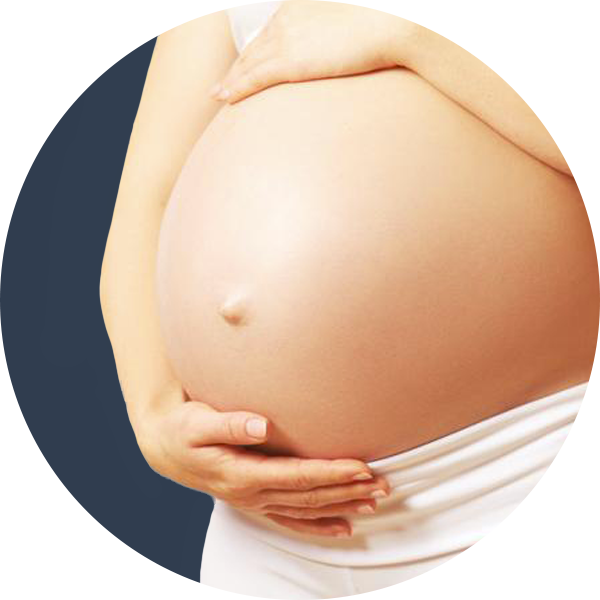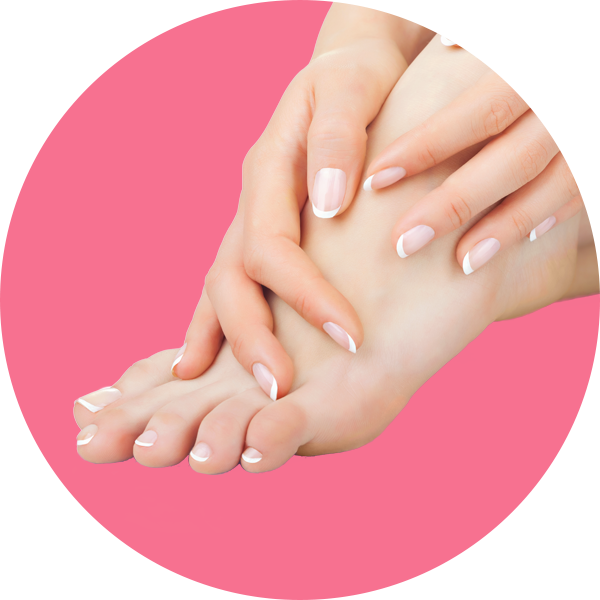0
You have 0 items in your cart
In their normal state, arteries supply the body’s tissues and organs with essential substances for their healthy functioning, such as oxygen. Veins, on the other hand, return blood to the heart.
Blood pressure and the firmness of vein walls allow blood to flow from the lower to the upper portion of the legs. This blood flow through the veins and back up to the heart is called venous return.
Valves, acting as small flaps, are positioned every 2 to 5 centimeters (0.8 to 2 inches) in the veins. These valves ensure that blood always flows in the same direction without ever “falling” back down the other way. The calf muscles and compression of the instep also play a role in blood flow, particularly when walking.(

It is not uncommon to experience leg cramps during pregnancy, particularly in the third trimester. Nearly 50% of all pregnant women suffer from muscle spasms in their legs, with cramping more frequent during the evening.
Leg cramps are involuntary contractions of muscles at the back of the calf, and they often occur at night. Despite being a common pregnancy complaint, it’s not totally clear why they occur, says Amanda Selk , an OB/GYN at Women’s College Hospital in Toronto.
Leg cramps during pregnancy might be caused by fatigue, the uterus pressing on certain nerves, or decreased circulation in the legs from the pressure of the baby on blood vessels. They might also be caused by calcium or magnesium deficiency, or dehydration.
Pregnancy is a period during which the risk of circulatory disruptions emerging becomes particularly high; these disruptions are the consequence of the related increase in body weight and hormonal changes. The sensation of heavy or aching legs is related to a loss of firmness and elasticity of the vein walls, which causes a slowing of blood circulation in the veins. Because of this, the veins dilate and blood pressure increases.
Valves, the small flaps that normally keep blood from flowing back down the leg veins, have difficulty maintaining this pressure and progressively become deficient. Resistance to leaks weakens and blood stagnates in the lower portion of the veins, which further impairs vein walls. A vicious circle takes hold.


Leg cramps during pregnancy might be caused by fatigue, the uterus pressing on certain nerves, or decreased circulation in the legs from the pressure of the baby on blood vessels. They might also be caused by calcium or magnesium deficiency, or dehydration.